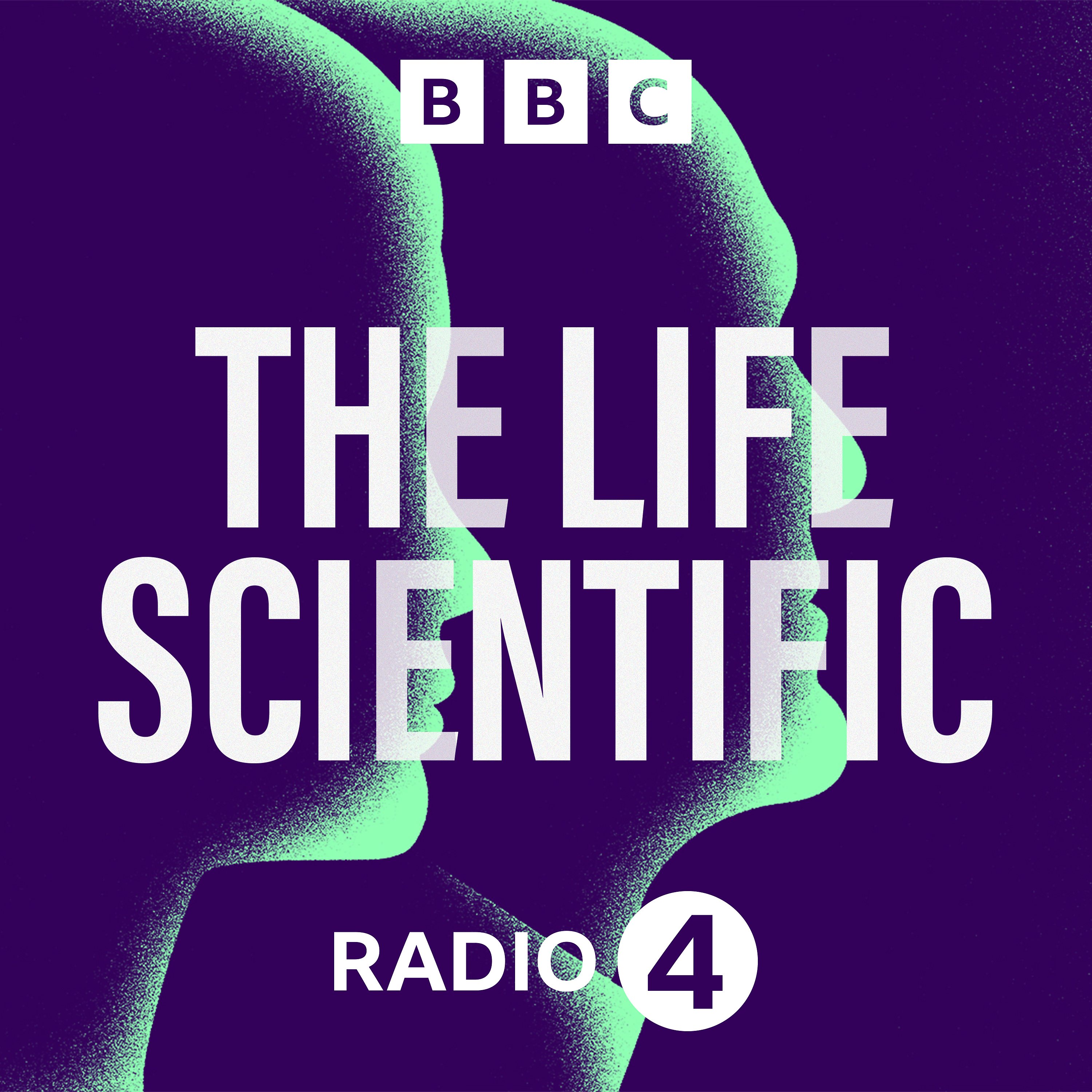Gideon Henderson on climate ‘clocks’ and dating ice ages
Description
We’re used to hearing the stories of scientists who study the world as it is now but what about the study of the past - what can this tell us about our future?
Gideon Henderson’s research focuses on trying to understand climate change by looking at what was happening on our planet thousands of years ago.
His work has taken him all around the world - to the deepest oceans and the darkest caves - where he collects samples containing radioactive isotopes which he uses as “clocks” to date past ice ages and other major climate events.
As a geochemist and Professor of Earth Sciences at the University of Oxford, his work deals with the biggest questions, like our impact on the carbon cycle and climate, the health of our oceans, and finding new ways to remove greenhouse gases from the atmosphere.
But in his role as Chief Scientific Adviser at the Department of Environment, Food and Rural Affairs, he also very much works on the present, at the intersection between the worlds of research and policy. He has overseen the decision to allow gene-edited food to be developed commercially in England and a UK surveillance programme to spot the Covid-19 virus in our waste-water.
Produced by Gerry Holt.
More Episodes
As the famous frog once said, it's not easy being green. And when it comes to decarbonising industry, indeed, reducing emissions of all sorts, the task is a complex one.
Fossil fuels are used to manufacture some of mankind’s most ubiquitous products, from plastics to cement to steel; and even...
Published 09/24/24
Published 09/24/24
Rosalie David is a pioneer in the study of ancient Egypt. In the early 1970s, she launched a unique project to study Egyptian mummified bodies using the techniques of modern medicine. Back then, the vast majority of Egyptologists regarded mummies as unimportant sources of information about life...
Published 09/17/24


